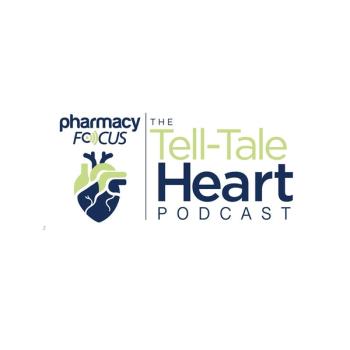
Multiple Sclerosis Drug May Reverse Disease-Causing Disabilities
A treatment for multiple sclerosis that treats the most common form of the disease may help reverse some physical disabilities.
Alemtuzumab, a drug that treats relapsing-remitting multiple sclerosis (MS), was found to reverse some physical disabilities associated with the disease, according to a study published in Neurology.
MS is a disabling disease of the central nervous system that disrupts the flow of information inside the brain, and between the brain and body, according to the National Multiple Sclerosis Society. The exact antigen implicated in this process remains unknown, however.
“While many MS drugs slow the progress of disability, there have been little data about the ability of current treatments to help restore function previously lost to MS,” said study author Gavin Giovannoni, MD, PhD.
For the study, researchers enrolled relapsing-remitting MS patients who were unresponsive to at least 1 other MS drug. Of the participants, 426 were treated with
Each of the patients’ level of disability was assessed at the start of the study, and again every 3 months for 2 years. The results showed that by the end of the study, nearly 28% of patients who received alemtuzumab improved by at least 1 point on a disability test — ranging from 0 to 10 – compared with 15% of individuals who received interferon.
Overall, participants who received alemtuzumab were 2.5 times more likely to improve on the thinking skills assessment than those given interferon. Furthermore, they were more than twice as likely to improve on the ability to move without tremor or ataxia.
The findings were adjusted to ensure that the improvements seen were not driven by individuals recovering from recent relapses. Since alemtuzumab does carry the risk of serious and rarely fatal autoimmune problems, as well as infusion reactions, the authors noted that if the benefits of the drug should be confirmed, both the benefits and risks should weighed against each other.
“These results are encouraging, but exactly how alemtuzumab may reverse damage, whether it’s through repairing myelin, creating new nerve synapses, greatly reducing inflammation or some other mechanism, is yet to be investigated,” said researcher Bibiana Bielekova, MD, who wrote a corresponding editorial. “Longer studies are also needed to see how many people experience, or do not experience, improvement in disability over longer periods of time.”
Newsletter
Stay informed on drug updates, treatment guidelines, and pharmacy practice trends—subscribe to Pharmacy Times for weekly clinical insights.







































